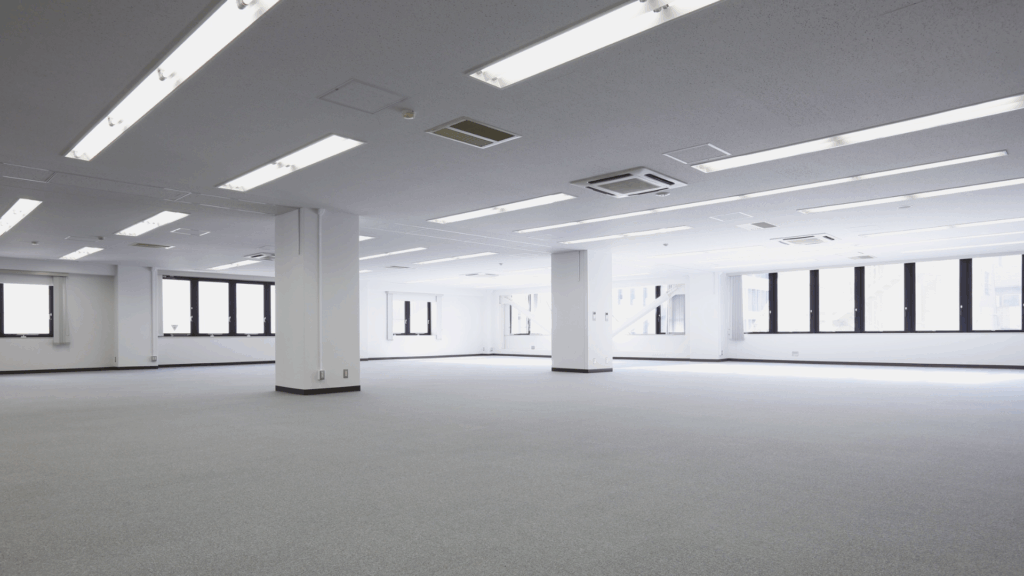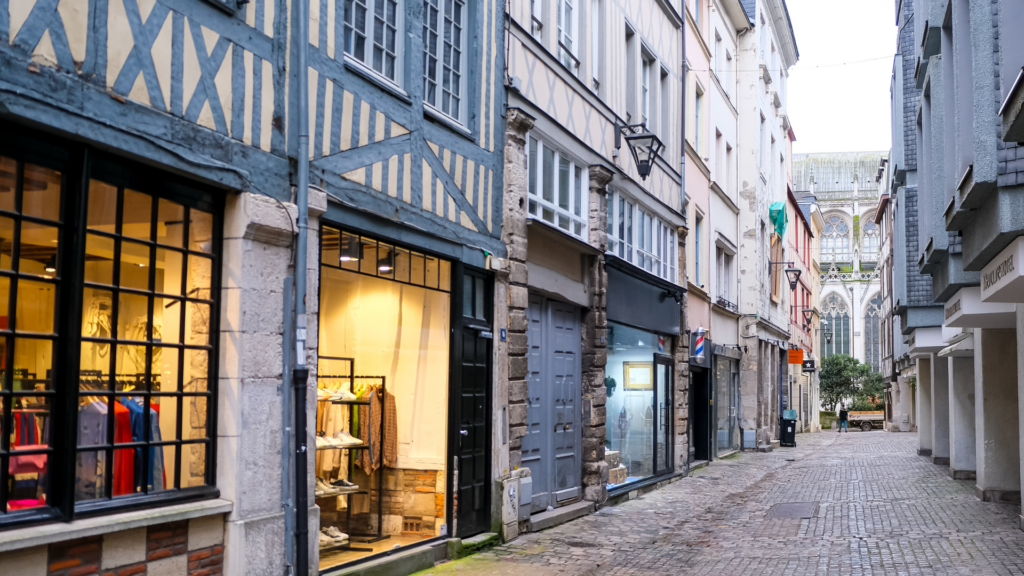- Can You Get a Mortgage to Buy a Hotel?
- Do You Qualify for a Hotel Mortgage?
- How Much Can You Borrow?
- What Are My Options if I Can’t Afford a Deposit?
- How Do Interest Rates for Hotel Mortgages Work?
- Should You Invest or Buy a Hotel in The UK?
- Steps To Apply For a Mortgage for Hotels
- Alternatives to Buy a Hotel
- Key Takeaways
- The Bottom Line
How To Buy A Hotel: The Ultimate UK Hotel Mortgage Guide
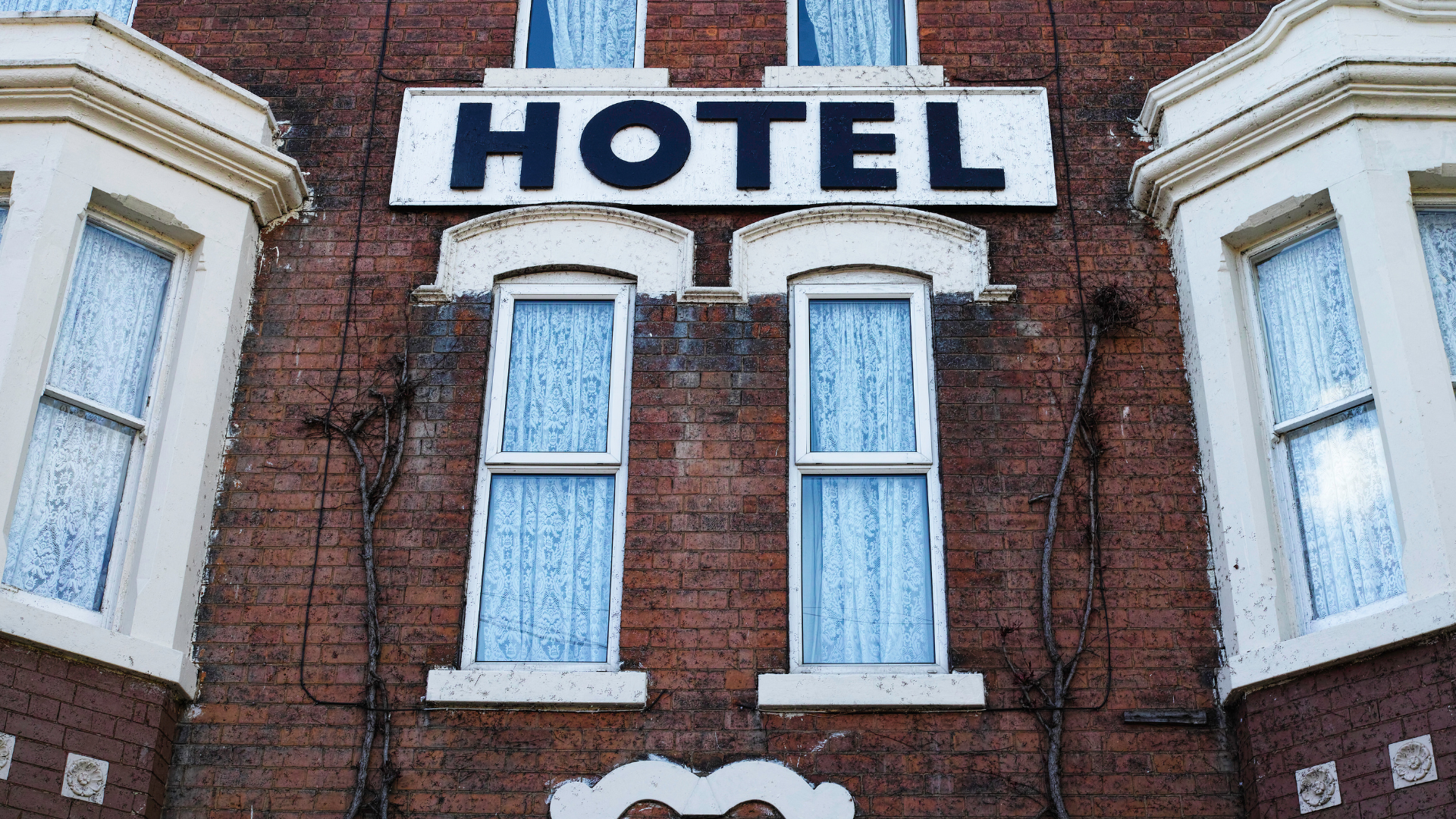
Fancy owning a hotel? Maybe you already have one and want to give it a bit of a makeover. Either way, you’ll need some cash to make it happen.
But if your cash is tight, the good news is YOU still have options.
This guide will walk you through how you can secure a mortgage for your hotel venture, making the complex process a bit simpler.
Can You Get a Mortgage to Buy a Hotel?
Yes, you can get a mortgage to buy a hotel. This is known as a commercial mortgage, and there’s a wide range of lenders ready to consider your application.
However, finding the perfect match can be tricky. That’s where a mortgage broker comes in handy.
They’re experts in the field, with the know-how and connections to pair you with a lender that suits your needs best.
Working with a broker not only makes the search easier but also increases your chances of getting a favourable deal.
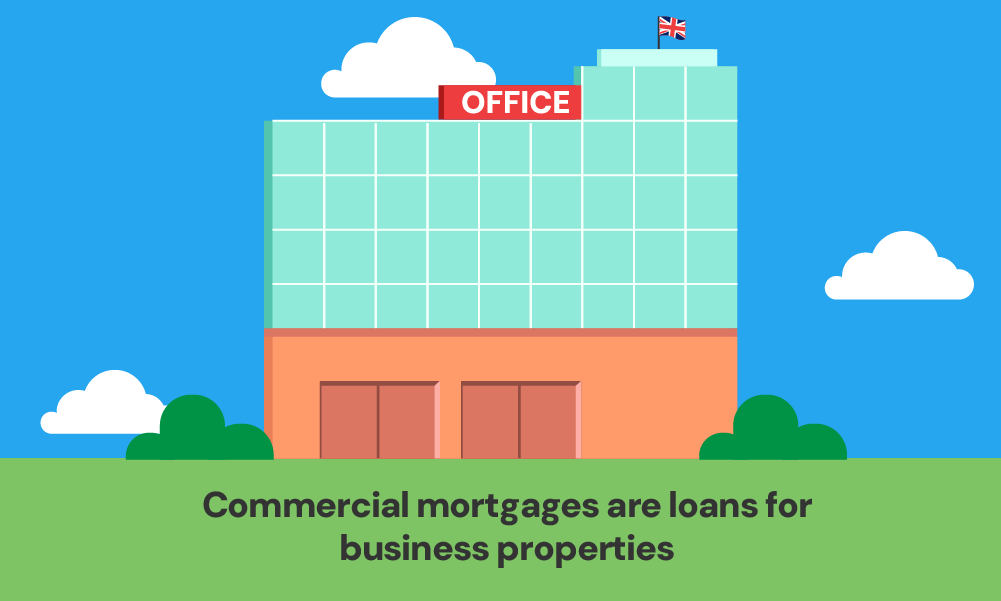
Do You Qualify for a Hotel Mortgage?
Your financial history, the potential of your hotel business, and its location all play a huge role in your qualifications. Lenders typically assess these factors:
- Your Experience in Hospitality. If you’ve successfully managed a hotel or have relevant experience, it’s a big plus. Even if you’re new to the hotel industry but have a strong background in business, with managerial or customer service skills, you could still qualify.
- Hotel’s Past and Future Performance. Lenders will review the financials of the hotel for the past 2-3 years to check its stability and growth. A track record of increasing profits and robust future bookings are signs of a healthy business. If profits have been falling, you’ll need to explain why but showing a growth plan can work in your favour.
- Reputation of the Hotel. If your hotel has been getting poor reviews, lenders will want to know your plan to turn things around. Proven experience in improving customer service or management in similar situations can strengthen your application.
- Financial Health. Debt to EBITDA ratio is key for lenders to assess how well a hotel can manage its loans. A high ratio suggests the hotel may struggle to repay. This ratio can be included in loan agreements, requiring the hotel to maintain a healthy financial standing or risk immediate repayment.
- Location and Target Market. The hotel’s location and target audience (tourists or business travellers) are important factors lenders consider.
- Deposit Requirement. Expect a minimum deposit of 25% to 40%, depending on the lender and risk involved.
- Credit Score. While less important than business strength, a good credit score can be helpful.
How Much Can You Borrow?
When it comes to borrowing for a hotel, how much you can get largely depends on the loan-to-value (LTV) ratio.
In simple terms, most lenders will ask for at least a 25% down payment from you. This means if the hotel costs £100,000, you’d need to put down £25,000.
The most you can typically borrow is up to 60% of the hotel’s value. So, the bigger your deposit, the more you might be able to borrow.
What Are My Options if I Can’t Afford a Deposit?
If coming up with a deposit is tough, don’t worry – you still have options.
As long as you have other assets that can stand as security, you can secure a higher LTV mortgage or 100% commercial mortgage.
This loan covers the entire cost of the property, meaning you don’t need to provide a deposit. All you need is to provide an asset or a personal guarantee as security.
When you apply, strong credentials are crucial.
Lenders will thoroughly review your business plans and financial health rather than making a decision based on a superficial review of your finances.
If your dream is to run an aparthotel or another type of serviced accommodation, you’ll likely need a specialist lender. Such lenders may have more flexible criteria for evaluating your application.
Be aware that interest rates for mortgages without traditional deposits are typically higher.
It’s important to fully understand all costs and fees involved before moving forward. Failing to keep up with repayments could result in losing your collateral.
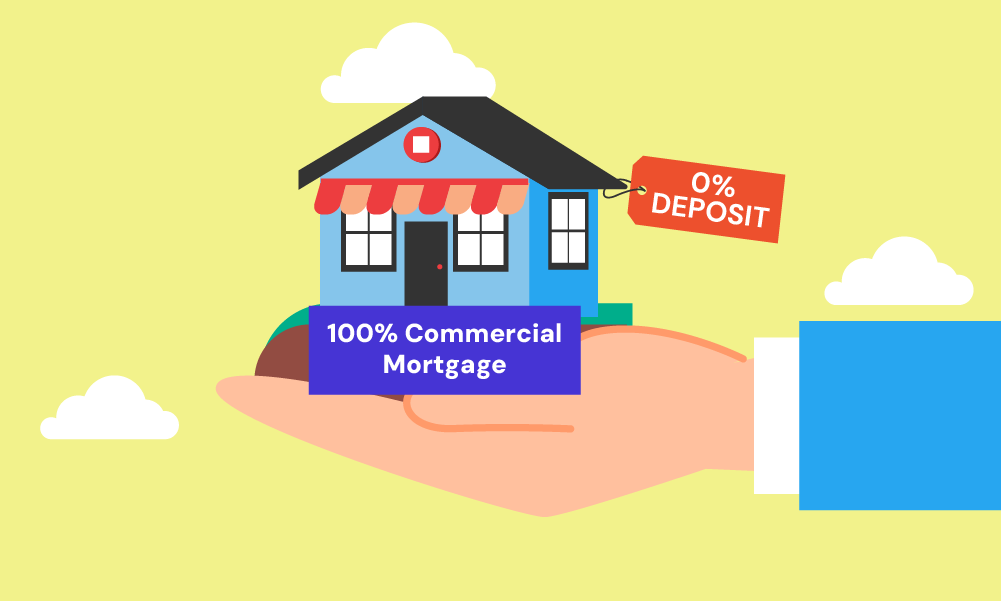
How Do Interest Rates for Hotel Mortgages Work?
Interest rates on hotel mortgages are not one-size-fits-all. They’re influenced by your specific situation, including your creditworthiness and the property’s financial health.
Typically, rates hover around 2% to 6% over the Bank of England’s base rate. If you’ve got a solid application—think low loan-to-value (LTV) ratios and a stellar business record—you might snag lower rates from big banks.
On the flip side, a less experienced hotelier or a project that’s seen as riskier might see higher rates, especially from niche lenders who specialise in these kinds of loans.
Should You Invest or Buy a Hotel in The UK?
There’s no one-size-fits-all answer. This decision hinges on your business goals, risk tolerance, and financial situation. Here’s a breakdown of the pros and cons to help you decide:
Pros
- High Potential Returns. Hotels can generate strong rental yields compared to traditional buy-to-let properties due to shorter stays and higher nightly rates.
- Portfolio Diversification. Owning a hotel can diversify your investment portfolio, reducing risk by not relying solely on one asset class like stocks.
- Tangible Asset. Unlike stocks, a hotel is a physical property you can see and potentially improve. This tangibility can feel more secure for some investors.
- Favourable Tax Treatment. Hotel properties are considered commercial property, meaning exemption from stamp duty for acquisitions under £150,000.
- Management Options. Many hotel investment opportunities include professional management, freeing you from daily operational hassles.
Cons
- Vulnerability to Economic Cycles. Hotel occupancy rates and revenue can fluctuate significantly with economic downturns or regional issues.
- Financing Challenges. Securing a hotel mortgage can be difficult due to limited lender options and high deposit requirements (typically 25-40%).
- Intense Competition. The UK hotel industry is competitive. Careful location and market research are crucial to stand out.
- Operational Demands. Maintaining the property, managing staff, and handling unexpected repairs add to the workload and ongoing costs.
- Lower Liquidity. Selling a hotel property can be slower compared to residential properties due to a smaller pool of potential buyers.
Steps To Apply For a Mortgage for Hotels
If you’ve reached this point, you’re probably serious about using a mortgage to finance your dream hotel.
To illustrate the process, let’s use a hypothetical scenario where you’ve set your sights on a magnificent hotel property priced at £800,000.
Here’s how you can go about it:
1. Partner with a Broker
A knowledgeable commercial mortgage broker can make a difference. They’ll help you find the best lender for your specific situation and handle the complex paperwork.
2. Craft a Compelling Business Case
This is your hotel’s story.
Before approaching lenders, have a clear plan. Include how you’ll run the hotel, expected earnings, and how you plan to grow. The stronger your case, the better your chances.
3. Ensure a Healthy Credit Score
A strong credit history reassures lenders of your ability to manage a loan.
Before applying, get a copy of your credit report. You can download them for free in these agencies: Experian, Equifax, and TransUnion.
Fix any mistakes and address any issues to improve your chances of getting a good rate.
4. Apply To The Right Lender
With your broker by your side, you’ve identified a shortlist of lenders who specialise in hotel mortgages.
Now it’s time to submit your meticulously prepared application package.
This will typically include your business plan, financial statements (past 2-3 years), proof of identity and address, details about the hotel property, and any additional security you’re offering.
Your broker will ensure your application is complete and tailored to each lender’s specific requirements, increasing your chances of securing the best possible terms.
5. Professional Property Valuation
The lender will arrange for a valuation to confirm the property’s market value aligns with the loan amount. Expect a valuation fee (typically £500 to £1,500).
6. Lender Assessment and Mortgage Offer
The lender will review your application, including your business plan, financial health, and property valuation.
Once everything aligns, they’ll present you with a mortgage offer outlining the following. In this example, let’s say they offer you the £560,000 mortgage at an 8% interest rate over 25 years.
7. Finalise the Deal
Legal formalities are crucial.
Both you and the lender will involve solicitors to finalise the mortgage agreement. Expect legal fees of around £3,500.
8. Completion
Once legal checks are complete, congratulations! The mortgage deal is finalised, and you’re now the proud owner of your dream hotel.
Here’s a recap of your costs:
| Description | Cost (£) |
|---|---|
| Property Price | 800,000 |
| Deposit (Varies depending on the lender) | 240,000 |
| Mortgage Amount | 560,000 |
| Valuation Fee | 500-1,500 |
| Legal Fees | 3,500 |
| Monthly Repayment* | *3,707 |
Remember, real-world terms, rates, and fees can vary depending on the lender and your unique situation.
For the most up-to-date information and personalised guidance, connect with a reputable commercial mortgage broker specialising in hotel mortgages.
They’ll help you navigate the process, secure the best possible terms, and turn your dream hotel into a reality.

Alternatives to Buy a Hotel
If the traditional path to purchasing a hotel via a commercial mortgage doesn’t fit your circumstances or goals, consider these alternative financing options:
- Bridging Loans. Ideal for swift purchases, such as acquiring a hotel at auction. Bridging loans provides short-term funding solutions, allowing you to act quickly. However, they usually come with higher interest rates and are meant to be paid back in the short term (typically 1-3 years).
- Development Finance. If you’re building a hotel from scratch or undertaking significant renovations, development finance might be the route for you. This option releases funds in stages as the project progresses. You only pay interest on the amount drawn down, potentially making it more cost-effective than a traditional loan. Once the project is completed, you’d typically switch to a standard commercial mortgage.
- Commercial Remortgaging. Already own properties? Commercial remortgaging allows you to free up equity from your existing portfolio to fund your hotel purchase. This can be a viable option if you have substantial equity and want to leverage your current assets for new opportunities.
Key Takeaways
- You can get a commercial mortgage to buy a hotel, but it helps to work with a broker who can connect you with the best lenders and deals for your needs.
- To qualify, lenders look at your hospitality experience, the hotel’s financial performance, reputation, location, and your deposit, which is typically 25–40% of the property’s value.
- If you don’t have enough for a deposit, you might still get a loan by using something valuable you own as security, but this usually means paying higher interest.
The Bottom Line
Starting on the path to owning a hotel is thrilling. However, getting a hotel mortgage or finding other ways to finance it isn’t easy.
You need to be well-prepared, have a good plan for your money, and most importantly, work with an expert broker.
Having a broker who knows the ins and outs of hotel financing is a game-changer. They can offer you great advice, connect you with the best lenders, and help get you a deal that works in your favour.
With the right help and careful planning, you can smoothly go through the process of getting your hotel financed.
Unsure where to start? Get in touch with us. We’ll connect you with the right commercial mortgage broker who’s an expert in hotel mortgages.
Get Matched With Your Dream Mortgage Advisor...

Frequently asked questions
How do I buy a hotel room?
Buying a hotel room is an interesting way to invest your money. It means you own a piece of the hotel, and you get a share of the money when guests stay in your room.
But, remember, you usually can’t use a mortgage to buy a hotel room. This type of investment often requires you to pay with your cash.
It’s a unique approach to investing in real estate, where you can see returns from the hotel’s business without the need for traditional property management responsibilities.
Can the size of the loan affect my interest rate?
Absolutely. The amount you’re looking to borrow can significantly impact your interest rate. Larger loans often unlock the door to more competitive rates, as some lenders are less keen on small-scale hotel mortgages due to the perceived lower profitability.
This is why partnering with a broker can be a game-changer—they can help navigate these nuances to secure the best possible rate for you.

